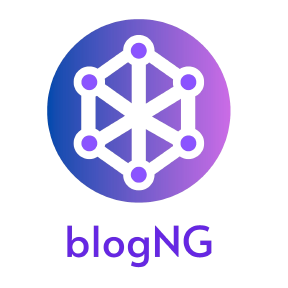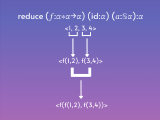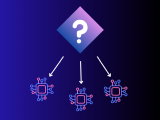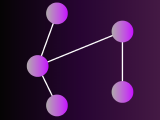

Recent
How Does Contraction Facilitate Parallelism in Traditionally Sequential Algorithms?
·2023 words·10 mins
In this blog post, we explore the mathematical underpinnings of contraction algorithms and their role in transforming sequential algorithms into Work efficient parallelizable constructs.
Is Parallelism Always the Answer? Unveiling the Hidden Costs
·2162 words·11 mins
In this post, we explore the limits of parallel computing for algorithm speed-up, focusing on the role of task granularity and the advantages of using constant input thresholds in hybrid parallel-sequential approaches.
How Can Linear Algebra Simplify and Optimize Graph Algorithms? An Introduction to GraphBLAS
·3104 words·15 mins
GraphBLAS leverages sparse matrix computations in an extended algebra of semirings, providing a scalable and efficient framework for expressing graph algorithms through linear algebra.
"DSL Transformations": A Simple Solution to Hierarchical JSON Schemas?
·1702 words·8 mins
Explore the application of DSL transformations for preserving hierarchical rules and metadata in JSON schemas while simultaneously enhancing their usability through structural simplification.
Why is Obsidian My Go-To Tool for Learning and Productivity?
·1065 words·5 mins
This post explores my use of Obsidian, a markdown-based note-taking tool, for long-term learning. I highlight some of its key features and assess its suitability for diverse learning interests.




